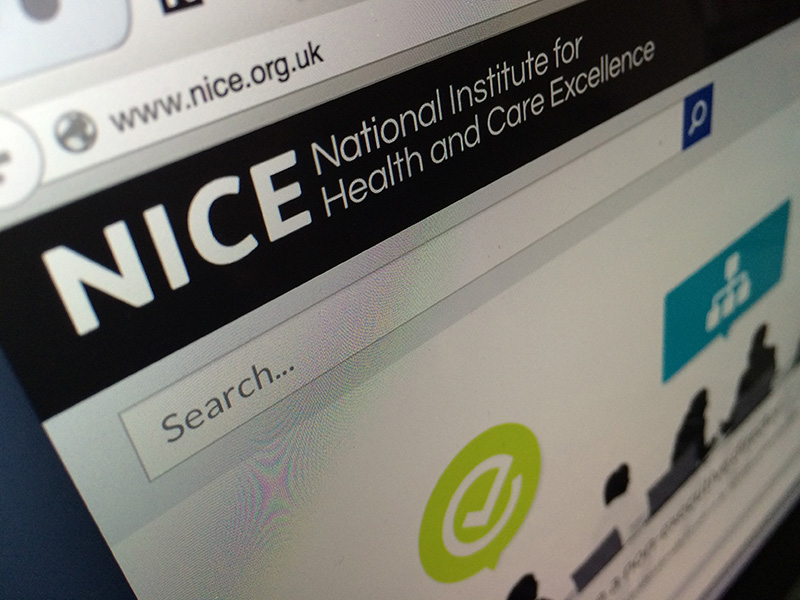The National Institute for Health and Care Excellence (NICE) has published new guidelines on integrating health and social care for people experiencing homelessness.
Entitled ‘Integrated Health and Social Care for People Experiencing Homelessness,’ the guidance aims to support “improved access and engagement with health and social care,” and sets out recommendations for health care providers, commissioners, researchers, and other services, to ensure coordinated care is achieved.
The 73-page document offers guidance and advice on a range of issues, such as planning and commissioning; the role of peers; models of multidisciplinary service provision; assessing individual’s needs; safeguarding; housing with health and social care support; and staff support and development.
Providing some insight into how health and social care services should promote engagement, the guidance states that services should aim to address health inequalities, pay attention to the diverse experiences of people using the service, and provide person-centred, empathetic, non-judgemental care.
Additionally, the document offers advice for health and social care professionals on effectively communicating with people experiencing homelessness, which includes:
- Use communication methods based on the person’s preferences, for example, phone call, text message, email, letter, face to face
- Send clear information about contacts or appointments and reminders that reach people in time and follow up people who do not attend
- Provide translation and interpretation services if needed
- Ensure written information is available in different formats and languages, including Easy Read
- Provide extra support for people with low literacy levels or with speech, language and communication difficulties
- Consider the person’s access to phone or internet
- Consider involving an advocate to support communication, even when this is not a statutory requirement. This might be an independent advocate who can: help people with low literacy levels to access information and services; reinforce information about available services and appointments; or support people to overcome stigma and previous negative and traumatic experiences
In order to design and deliver services according to the requirements of individuals, the guidance says commissioners of health, social care and housing services should also carry out local homelessness health and social care needs assessment, which includes:
- Assessing access to and engagement with current services by people experiencing homelessness
- Identifying opportunities for more integrated service delivery
- Quantifying and characterising the population experiencing homelessness or at risk of homelessness, including health inequalities, diversity and inclusion issues
Within the roles of homeless multidisciplinary teams in the provision of coordinated care, the guidance suggests that teams should identify people experiencing homelessness; support mainstream providers to ensure of a safe, timely and appropriate hospital discharge and engagement with onward care; and undertake and support assessments for safeguarding, physical and mental health, alcohol and drug treatment needs, and social care.



